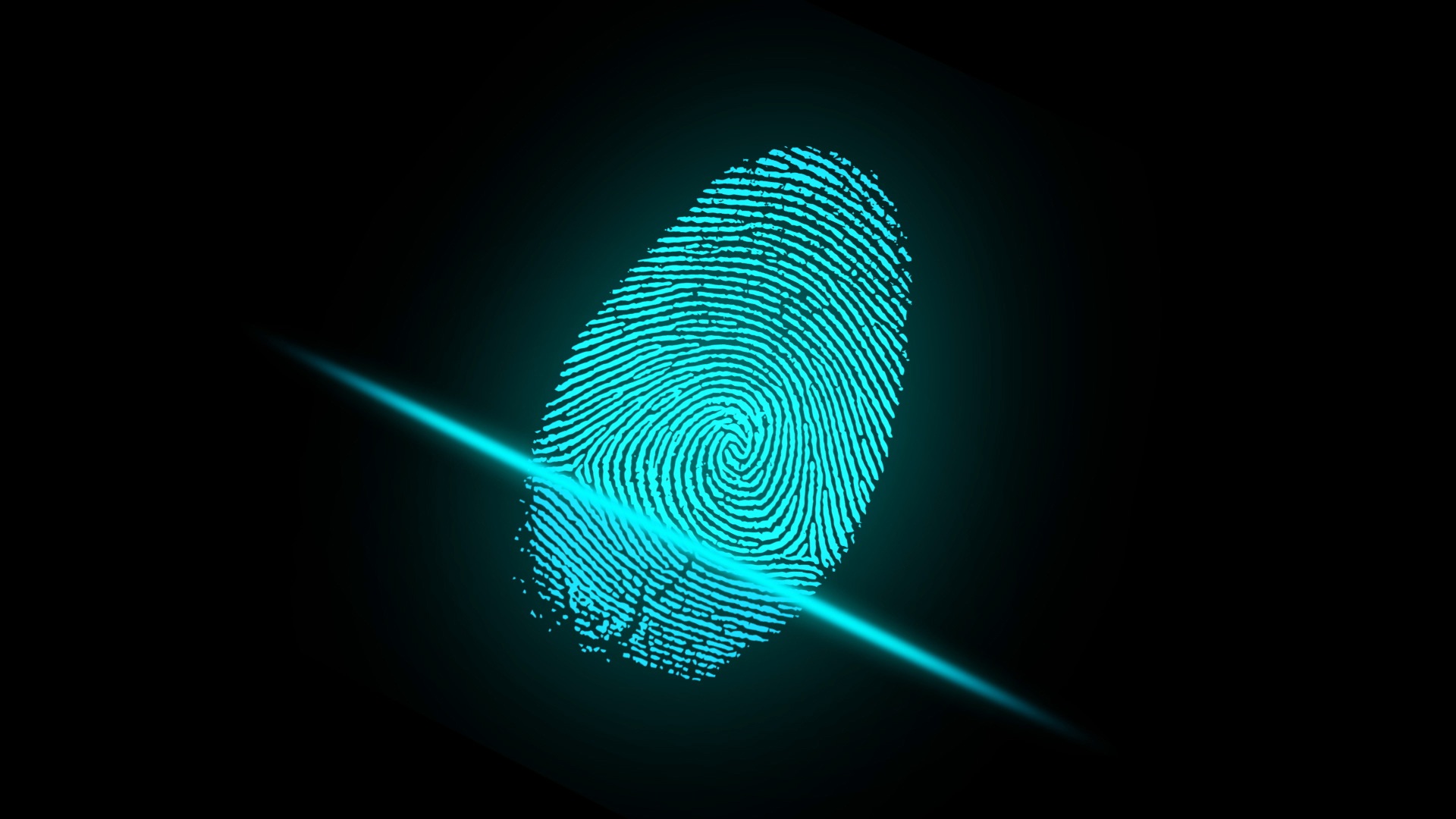Why now is the time to decommission fingerprint scanners
With health concerns front of mind, businesses are turning away from hand scanning devices

Current security measures are urging us all to reassess everything that we touch amid the pandemic. Many businesses are managing to adhere to recommendations for their staff to work remotely, however there is also a large proportion of organisations having to stay open and active to serve our public. And these workplaces are finding themselves having to disinfect pin pads and secure fingerprint readers on office doors or secure facilities, amongst other stringent hygiene policies. This uncertain time has made it clear that the access devices we all touch are actually a hindrance to the way we need to operate.
Before the pandemic even struck, businesses in the UK were spending more than two months resetting staff passwords and often employees were needing to remember a multitude of access and password codes for various operations. Of course, data and information protection is still important for all businesses today, thanks to the heavy fines given for GDPR breaches. On top of that, the rise of the ‘bring-your-own-device’ trend —which more than 46% of business have already adopted — has increased security risks and made corporate passwords not fit for purpose.
So, a more secure solution to workplace access is needed. Gartner predicts that by 2022, 40 percent of businesses plan to adopt biometric technology for information security. But it’s important that it must be a technology that provides security, hygiene and convenience for both businesses and end users.
- Working from home: the mouse, monitor, keyboard and router you need
- Here's our list of the best identity management software on the market
- The best free services to help your businesses through the global pandemic
Enabling unique role-based access
Individual role-based access control could be the means to address these issues. Fingerprint access has often been used to bolster security for high-security areas - helping businesses embrace the ‘zero trust model’ in the workplace and ensuring that sensitive corporate information and office spaces remain protected. But with health concerns front of mind, businesses are realising that it is preferable to do this without having to rely on communal fingerprint sensors or hand scanning devices.
So, instead of resorting to a reader-based sensor, fingerprint biometric authentication is best introduced on individual employee ID cards. This means each user can confirm their identity, role and level of access, by scanning their fingerprint on their own personal card – removing the need for shared devices.
Of course, it’s also crucial to ensure personal data security. During card registration, or the work onboarding process, the employee’s fingerprint image can be scanned by the biometric card sensor and then converted into a biometric template. The template is then encrypted and stored in the secure element in the card’s chip. This means the personal data never leaves the ID card - and isn’t stored on a central database. So, if the smart card is stolen, the templates cannot be hacked or reveal the user’s biometric fingerprint.
The biometric pass card will also remove the ability for employees to share passwords and ID cards, while boosting authentication accuracy and reducing friction.
Are you a pro? Subscribe to our newsletter
Sign up to the TechRadar Pro newsletter to get all the top news, opinion, features and guidance your business needs to succeed!
Unlocking the smart workplace
A biometric access card doesn’t just increase security and prevent users having to scan their fingerprint on grubby reader devices. When combined with a smart workplace, it can also increase the level of personalisation an employee can experience throughout the office and reduce the need for mundane processes.
A smart workplace utilises IoT technology — such as sensors, connected devices and networked platforms — to streamline, and even enhance the office experience. With a biometric fingerprint ID card, a smart office can recognise the employee as they move around, meaning they can work more efficiently, minimising workplace disruptions and improving their working day.
For instance, do you like your meeting room warmer, brighter, or quieter than everyone else? Swiping into the room with your personal, fingerprint-authorised access card can automate your preferences, saving you time and thinking space. You can focus on the task at hand, and your businesses can focus on customers.
Safe, secure and protected workplaces
Biometric access control cards will enable employees to personalise their workdays, save enterprises countless hours resetting employee passwords and reduce the risk of lost or stolen access cards — all while improving hygiene when it is most needed.
Fingerprint biometric ID cards will help ensure that only the right person has access to a building, or access to a network. They will also ensure that there is less shared contact on fingerprint or hand sensors in the future.
The current situation has caused us all to pause and consider how our workplaces can be adjusted and modified to keep us safe at work. By decommissioning public fingerprint scanners and combining biometrics with individual work security passes, workplaces of the future will see improved levels of hygiene, convenience and security and allow us all to operate with a greater level of confidence where we work.
David Orme is the Senior Vice President at IDEX Biometrics
- Here's our list of the best VPN services of 2020
David Orme is the Senior Vice President at IDEX Biometrics. Holding a BA Honours in Management Studies, and is a member of the UK institute of Directors, Orme has a strong track record in sales, marketing and business development within the payments industry.
IDEX Biometrics ASA (OSE: IDEX and OTCQB: IDXAF) is a leading provider of fingerprint identification technologies offering simple, secure and touch-free authentication for all. They help people make payments, prove their identity, gain access to information, unlock devices or gain admittance to buildings. We invent, engineer, and commercialize these secure and safe yet incredibly user-friendly solutions. Their total addressable market represents a fast growing multi-billion-unit opportunity.
